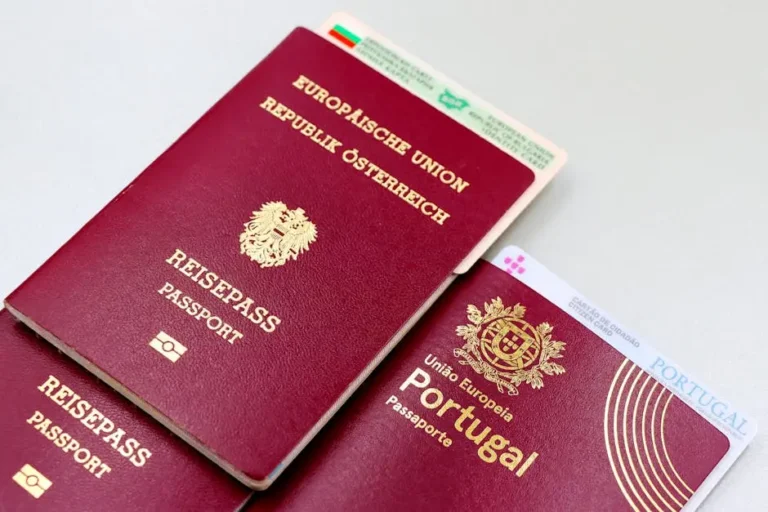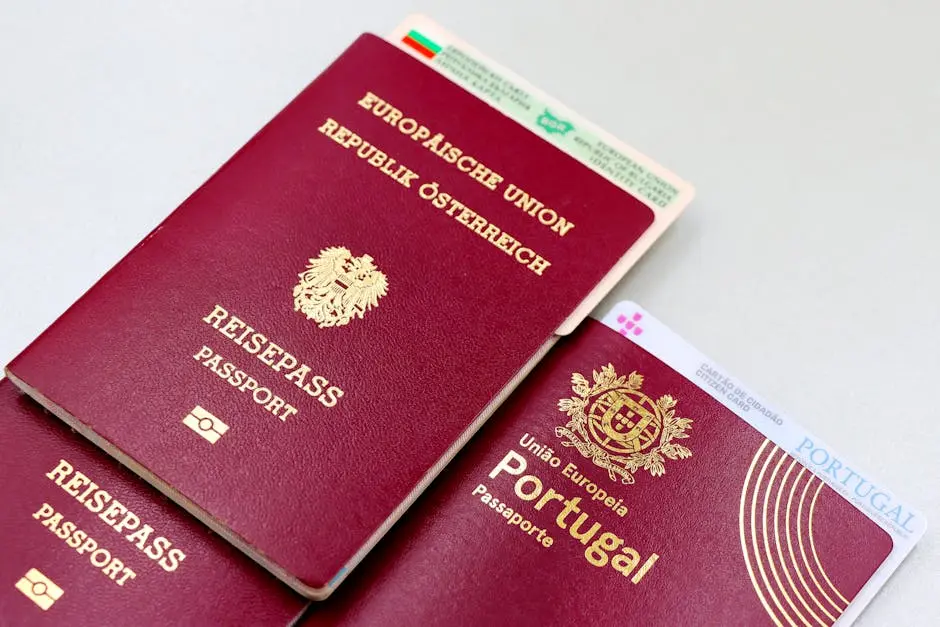Navigating the intersection of immigration and employment can be complex and often raises many questions. In this blog, we will explore how your immigration status may impact your legal work status, providing clarity on this important issue.
Understanding Immigration Status
Learn what immigration status entails and how it is categorized, including visas, green cards, and undocumented status.
Immigration status essentially refers to the legal conditions under which a person resides in a specific country. There are various categories, including certain types of visas, lawful permanent resident status (commonly known as a green card), and undocumented status. Each of these classifications comes with its own set of rights and responsibilities.
For instance, someone on a work visa may have specific allowances for employment compared to someone with a green card. Conversely, those who are undocumented face significant barriers when it comes to job opportunities, thus affecting their legal work status.
Understanding these distinctions is crucial because they play a significant role in determining your eligibility for certain jobs. This knowledge can empower individuals to make informed decisions about their career paths in relation to their immigration status.
Legal Work Status Explained
Discover what legal work status means and the different types of work authorization available.
Legal work status indicates that an individual has the required permission to work within a country legally. This often stems from employment-based visas, family-sponsored visas, or refugee status. Each type has its qualifications and expiration terms.
For example, a temporary work visa allows an individual to work for a specific employer in a designated field for a limited period, while a green card offers more permanent status and a broader employment scope. Gaining clarity on these classifications is essential for navigating the job market effectively.
Furthermore, understanding your work authorization type can prevent potential legal issues related to employment in the future. Ignorance about legal work status can lead to misunderstandings with employers or even legal repercussions, making it essential to know where you stand.
How Immigration Status Influences Work Eligibility
Find out how different immigration statuses can directly affect your eligibility to work legally.
Your immigration status plays a critical role in your ability to find and maintain legal employment. For instance, individuals who have citizenship or permanent residency typically face minimal obstacles when seeking job opportunities. In contrast, work authorization is often required for those on temporary visas to ensure compliance with immigration laws.
Moreover, certain positions may only be available to individuals who possess specific immigration statuses. Understanding the nuances of how your status affects your work eligibility can significantly influence your career trajectory.
It’s important to remember that companies have different policies concerning hiring immigrants. Some may be more willing to support work visas than others, which makes understanding your status vital when pursuing job opportunities.
Employer Responsibilities
Understand the obligations and responsibilities employers have regarding their employees’ immigration and work status.
Employers must adhere to strict guidelines to ensure they are hiring individuals who are authorized to work. This includes verifying immigration status through documentation like the I-9 form in the U.S. Failure to comply can lead to significant penalties for businesses.
The responsibility does not solely lie with employees; employers are equally accountable to ensure their workforce complies with immigration laws. This means conducting regular audits and providing necessary training to HR personnel about legal work eligibility.
Furthermore, understanding these employer responsibilities allows prospective employees to assert their rights when hiring processes are underway. By knowing what employers can and cannot ask, you can navigate interviews and negotiations more confidently.
What to Do If Your Status Changes
Learn the necessary steps to take if your immigration status changes and how it may affect your legal work status.
A change in your immigration status can have profound implications for your legal work status. Whether transitioning from a student visa to a work visa, or experiencing a change in personal circumstances, it’s vital to understand the immediate steps you should take.
First, assess your new status and its implications on your work rights. Some changes may automatically revoke your legal work status, while others may allow for continued employment under specific conditions. In such cases, it’s advisable to inform your employer of any changes swiftly.
Moreover, seeking assistance from a licensed immigration attorney can provide you with tailored advice on how to proceed. Being proactive in understanding and adapting to your evolving situation is crucial for ensuring compliance and securing your employment.
Final Thoughts
Understanding the relationship between immigration status and legal work status is crucial for anyone seeking to work legally in a new country. Always consider consulting with a legal professional to address your unique situation.


